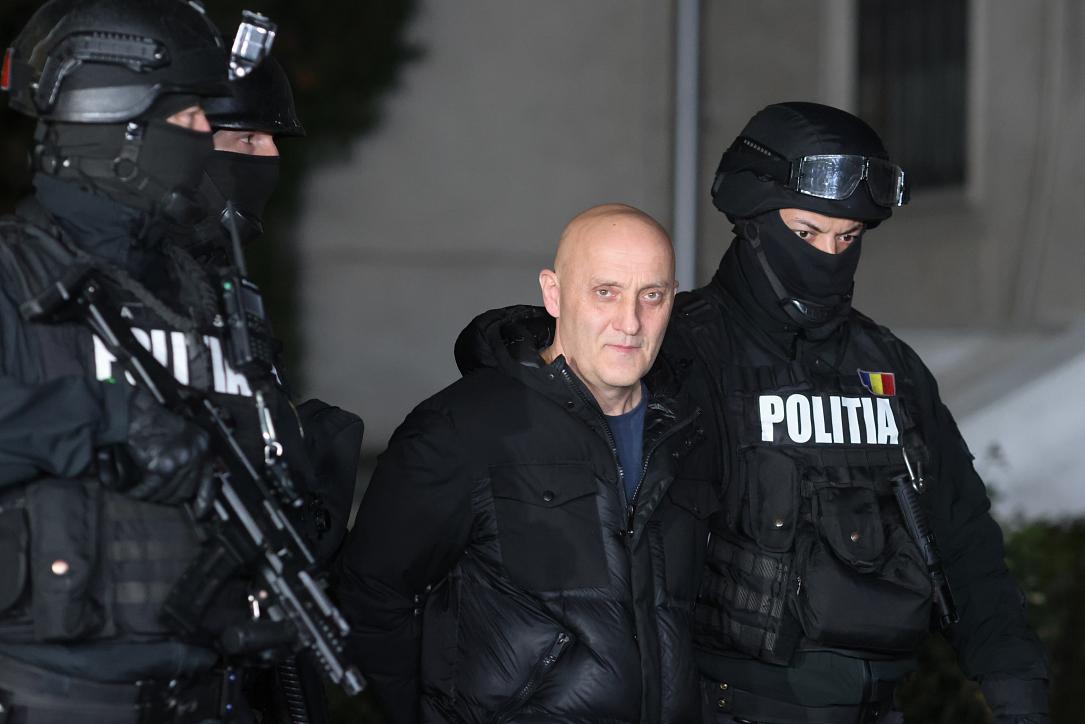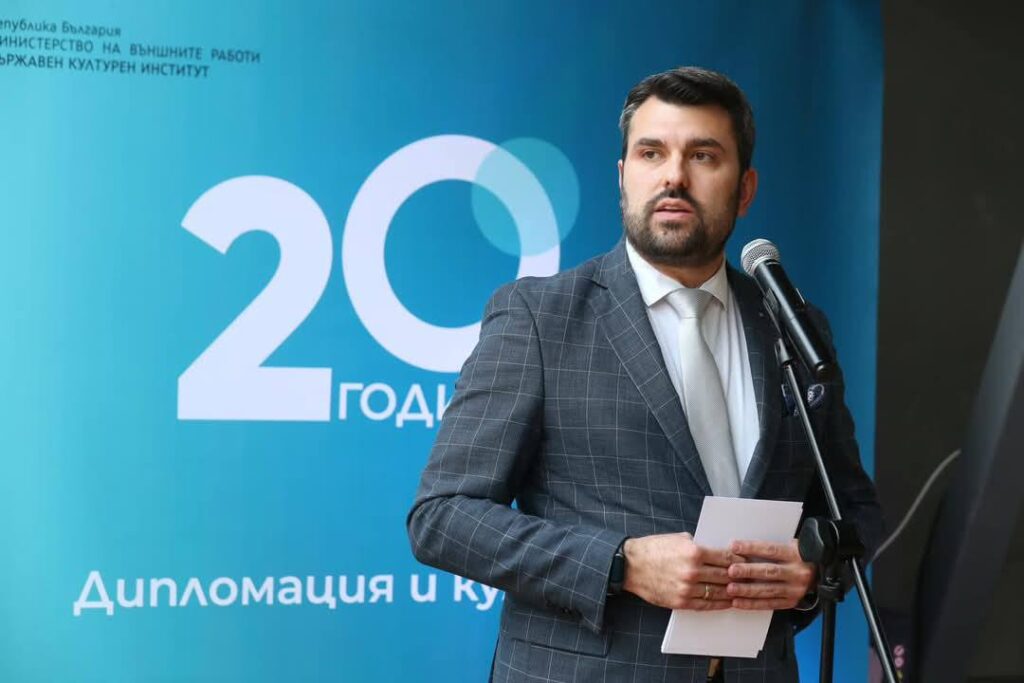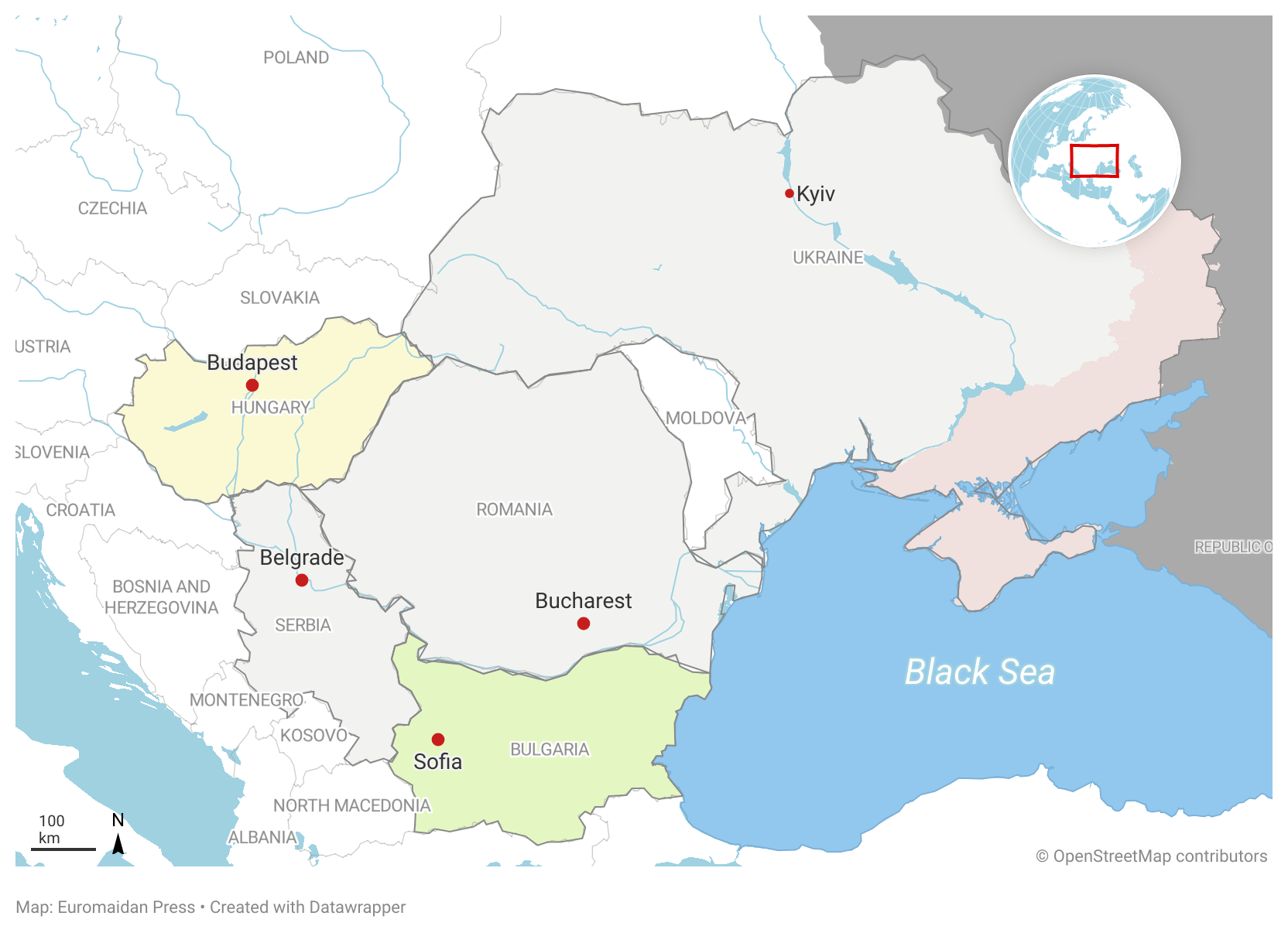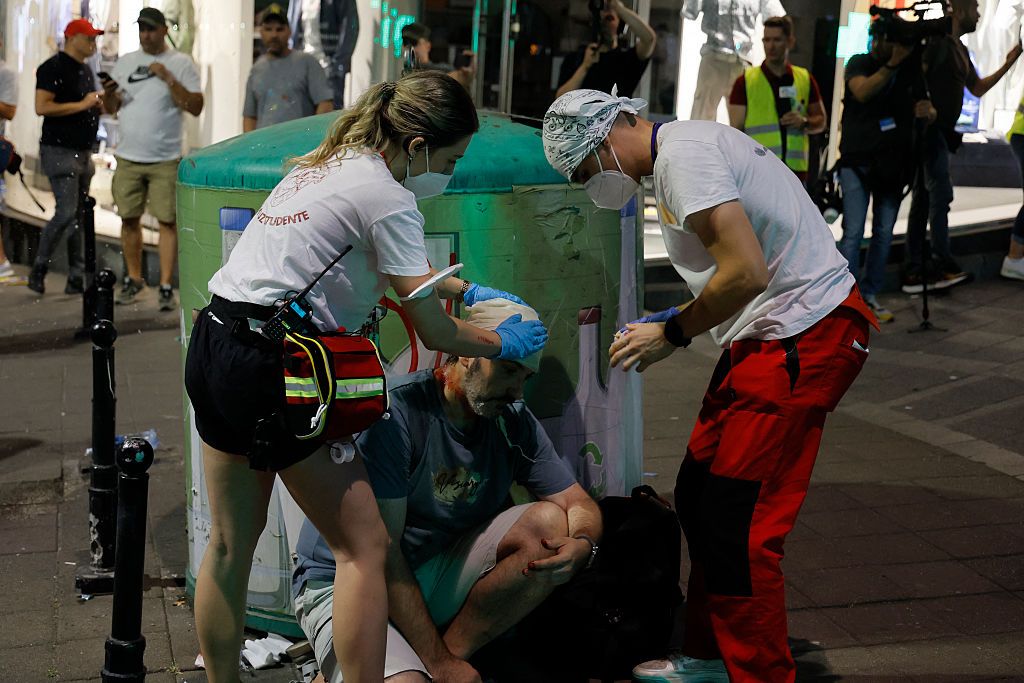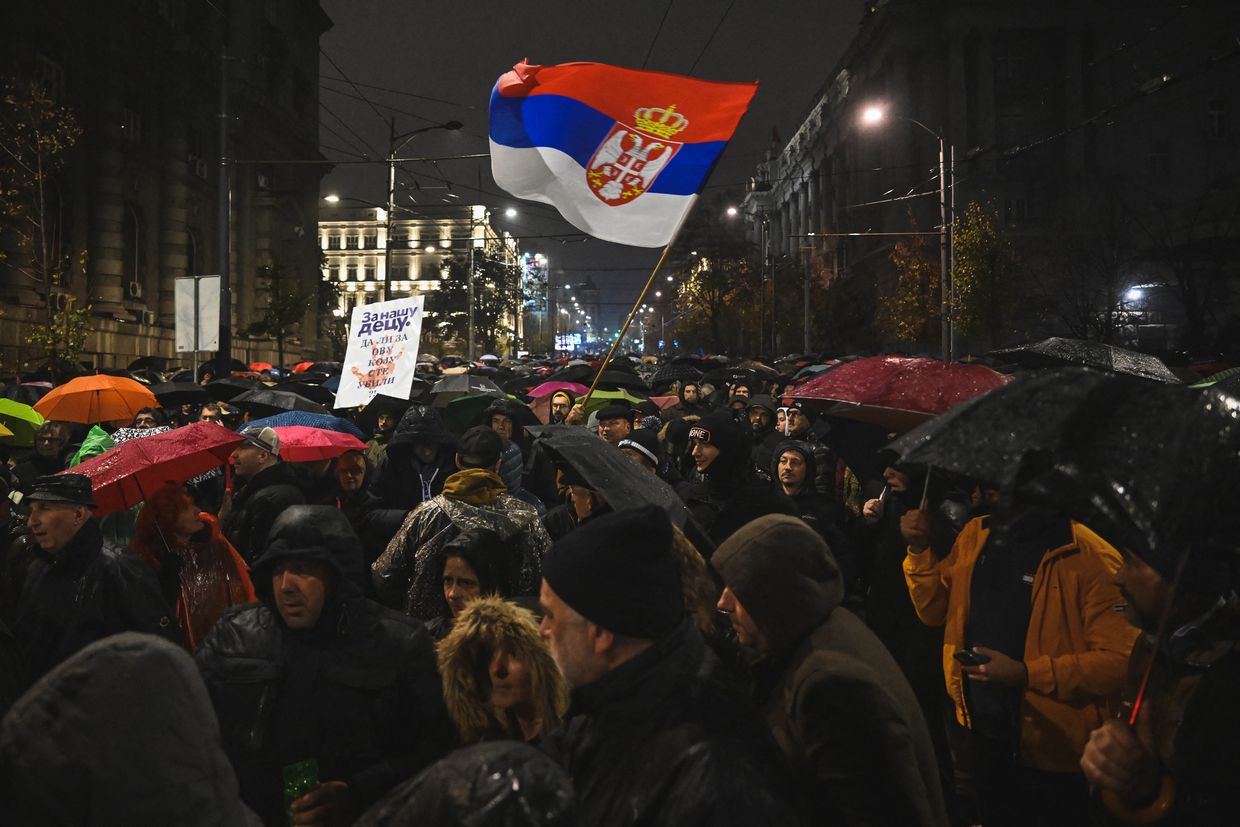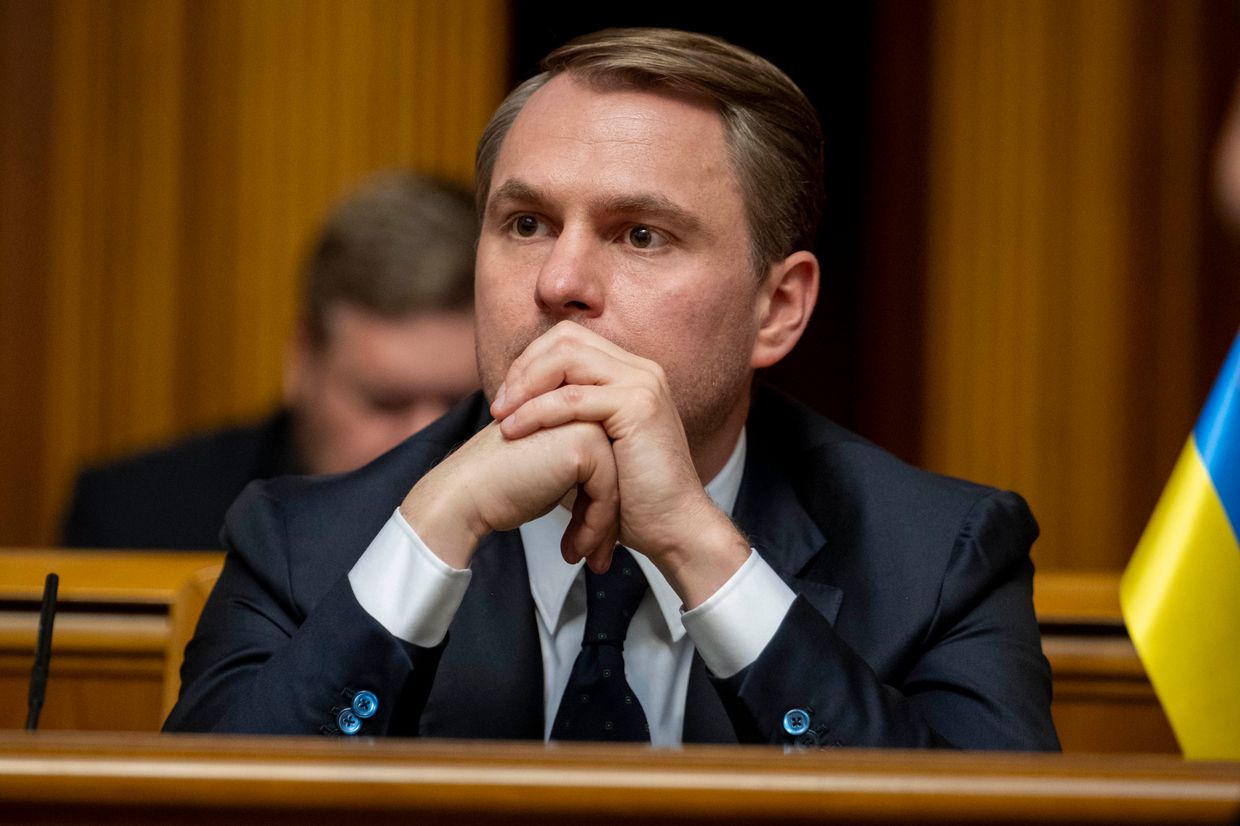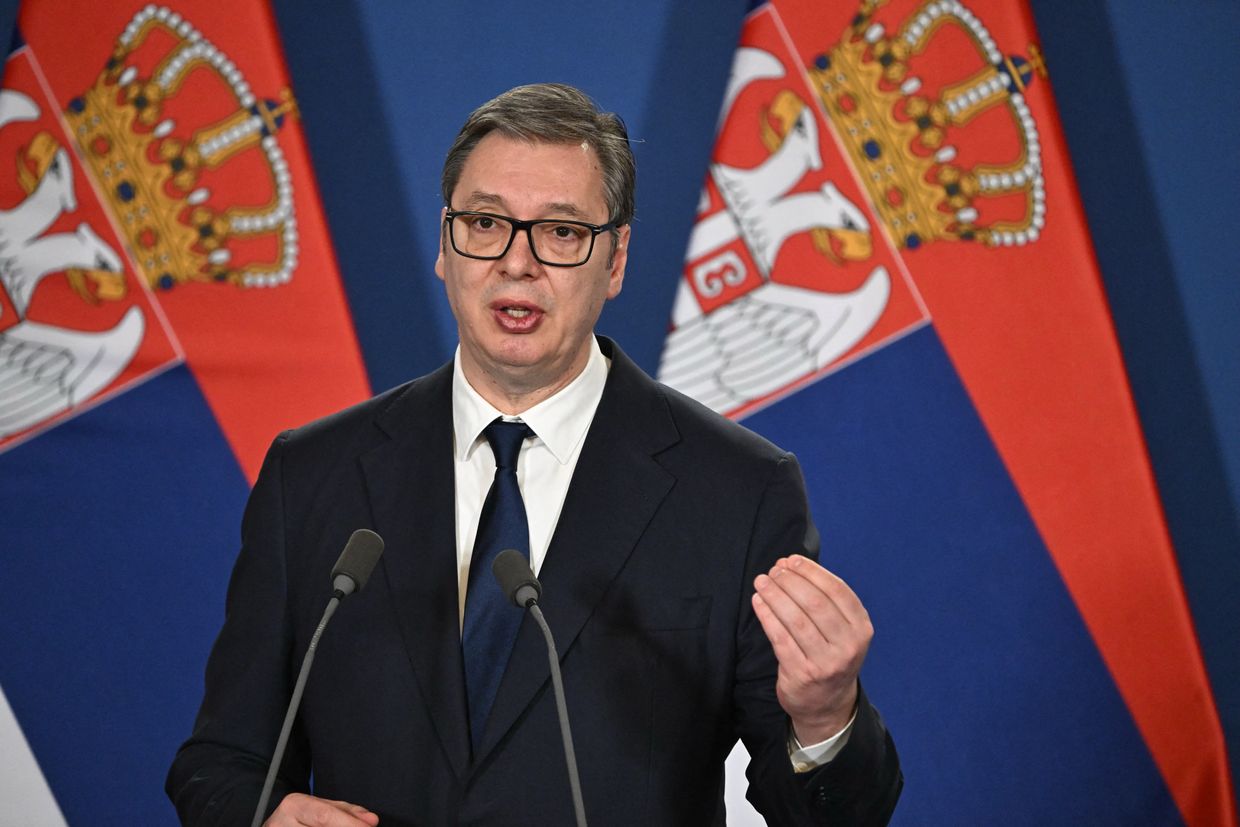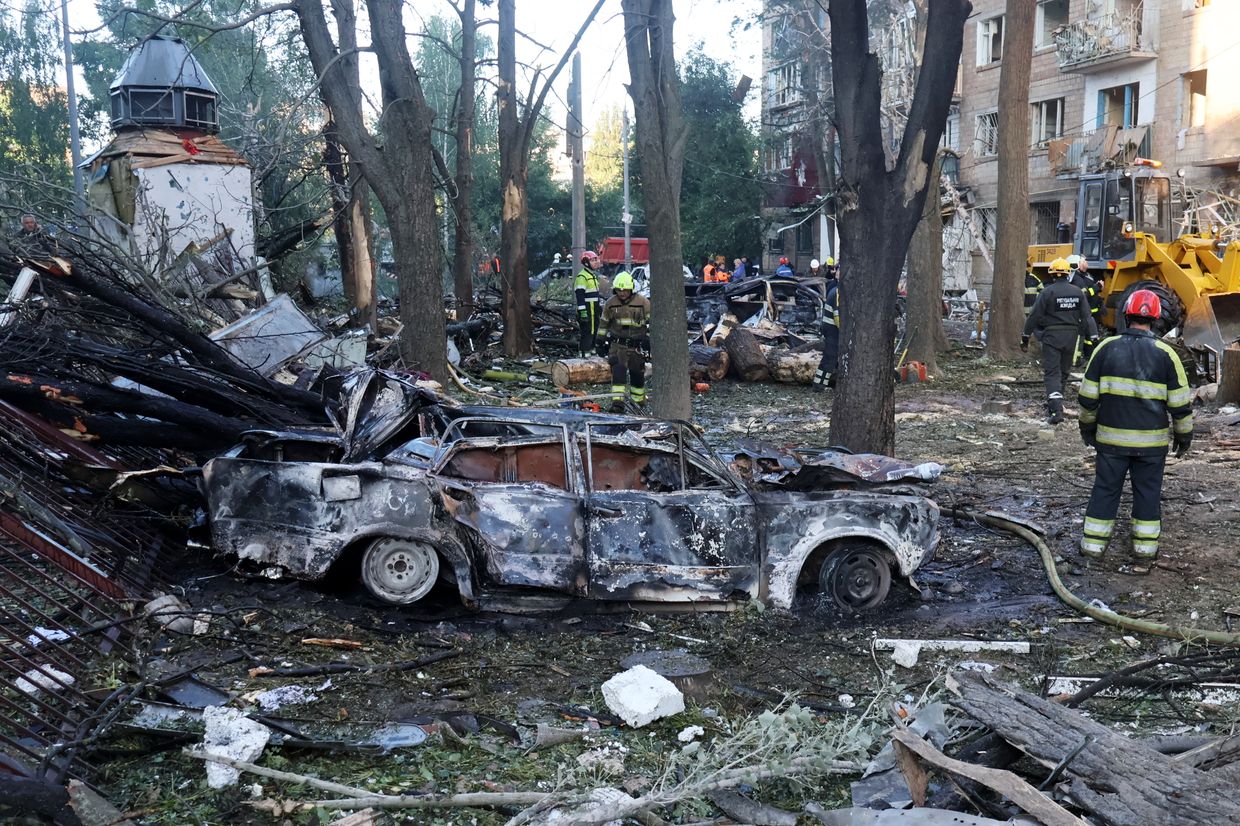The Boomerang Soldiers: How Romania’s commandos became mercenaries—then came back to coup Bucharest
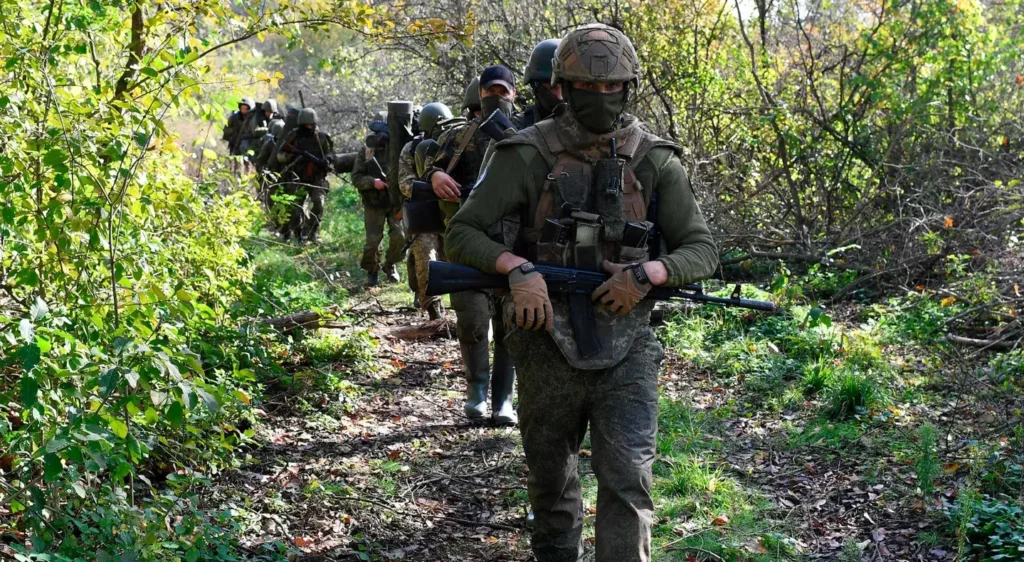
In January 2025, approximately 300 mercenaries commanded by Romanian-French fighter Horațiu Potra were captured in the Democratic Republic of Congo, formally taken into UN custody, and "repatriated."
Nine months later, European police raided 70 homes across Moldova and Ukraine, hunting 654 Wagner Group suspects. Among the evidence: proof that fighters had deployed to both Ukraine and Congo as part of the Russian mercenary network.
The 300 captured fighters hadn't vanished—they'd rotated through a system connecting African battlefields to Balkan training camps to European election operations, with some appearing at a horse farm outside Bucharest where a presidential candidate allegedly planned a violent power grab.
The October raids exposed Russia's modular mercenary infrastructure: Wagner instructors training operatives in Bosnia, those operatives deploying to sabotage Moldova's vote, and the same personnel rotating between Congo wars and Ukraine combat—using foreign nationals to maintain deniability while targeting democratic elections.
The recruiter's evolution
Anatolii Prizenko understood how to spot talent. In the summer of 2024, he observed Moldovans navigating mock combat at paintball tournaments, assessing their reflexes and decision-making skills the way scouts evaluate athletes.
Those who caught his eye received an offer: $300-500 for ten days of work. No one explained what the job entailed.
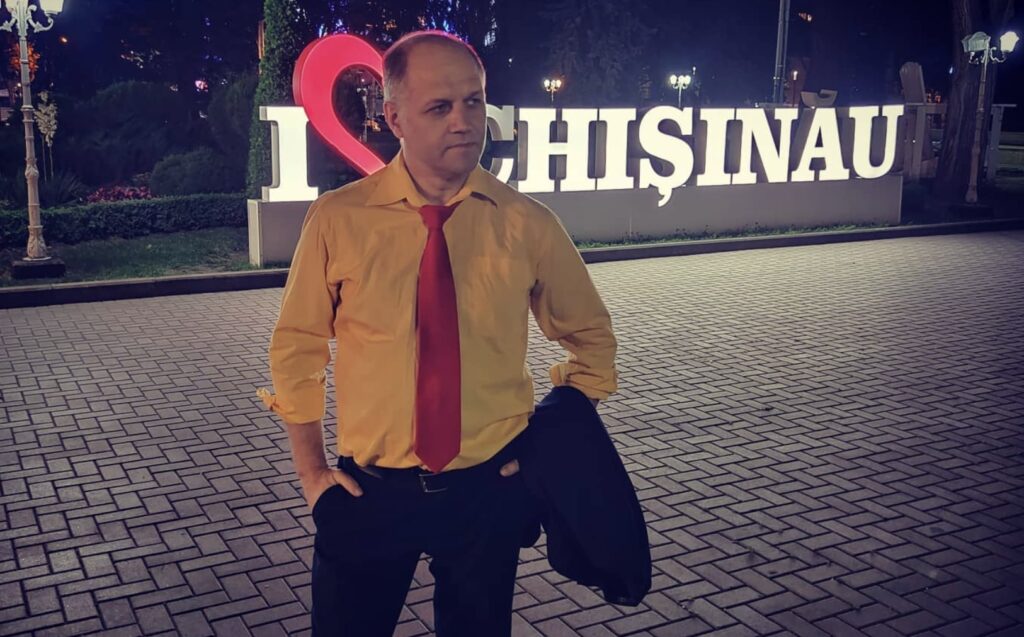
Prizenko wasn't experimenting—he was testing. A year earlier, in October 2023, he'd recruited several Moldovans for a different operation—painting Stars of David on buildings in Paris during the Gaza conflict.
The European Union later determined this was a GRU operation designed to inflame French society during the Israel-Hamas war. Prizenko publicly claimed responsibility. By December 2024, the EU sanctioned him for the Paris operation's "significant destabilizing effect."
Anatolii Prizenco was arrested in February 2025 for recruiting participants for the camp.
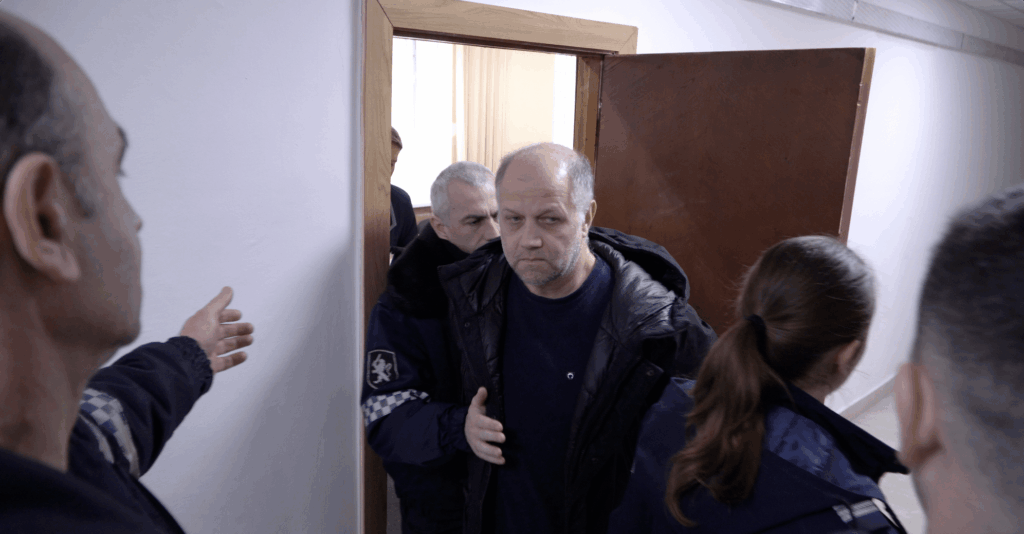
The progression revealed a methodology: test recruitment pools with low-risk provocations abroad, then scale to paramilitary operations at home.
For example, when Moldovan police arrested Prizenko in February 2025 for organizing training camps in the Balkans, they found he'd successfully moved operatives from street graffiti in Western Europe to preparing explosives instructions for destabilization in Eastern Europe within twelve months.
The camps and their instructors
The forests outside Radenka, Serbia, and Glamočani near Banja Luka in Republika Srpska, Bosnia's pro-Russian entity, became classrooms that summer and fall of 2024.
Maxim Rosca, 41, who became a whistleblower during the journalistic investigation conducted by the Moldovan outlet CU SENS, described the regimen: trainees surrendered their phones and passports upon arrival, then spent days on combat drills, drone operations, and what he carefully termed "things like sports and psychology."
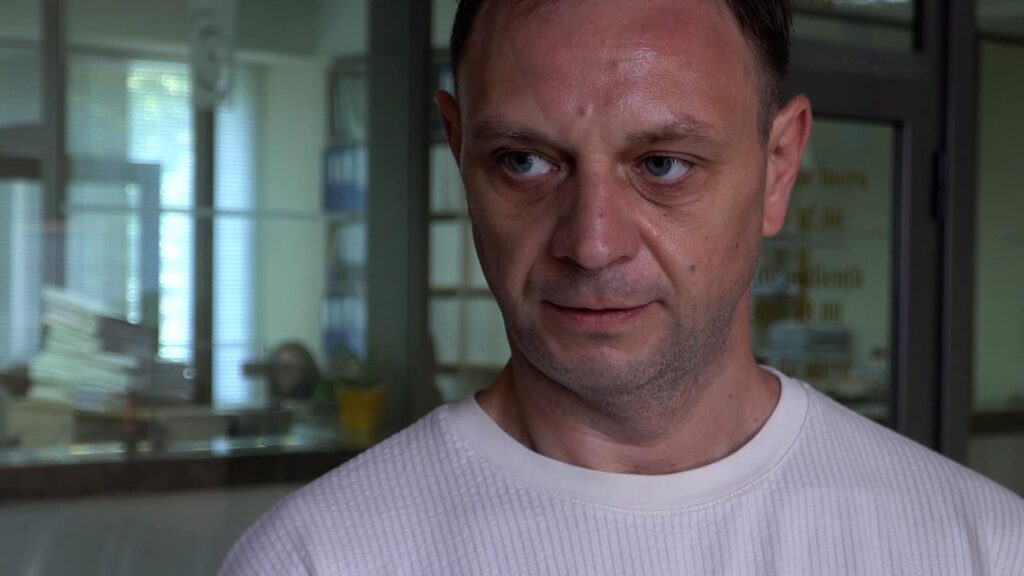
The instructor cadre told a story across continents. Alexander Volkhonsky, previously known as Sotov, had been documented by anti-corruption investigators working with the Wagner Group in the Central African Republic. Now he was training Moldovans in Bosnia—direct evidence of personnel rotating from African mercenary operations to European destabilization.
Beside him worked Konstantin Goloskokov, who'd admitted to the Financial Times in 2009 that he participated in the massive 2007 cyberattacks that paralyzed Estonia's government, banks, and media. 17 years after attacking a NATO member digitally, Goloskokov was coordinating paramilitary training camps near NATO borders.
Mikhail Potepkin, already under EU, US, and UK sanctions for Wagner ties, served as coordinator. Mircho Angelov, a Bulgarian neo-Nazi who'd participated in Prizenko's Paris operation, brought food to trainees. And on 23 August 2024, Andrei Becker entered Bosnia and registered a company called AE 777, listing "IT services" as its business purpose, on the same day he arrived. The company remains active.
When BIRN visited Radenka in February 2025, the camps had been sanitized. Only burnt paper, melted plastic tarpaulin, and scorched earth remained at the coordinates matching the videos released by the Moldovan police. Bosnian prosecutors opened their own investigation that October.
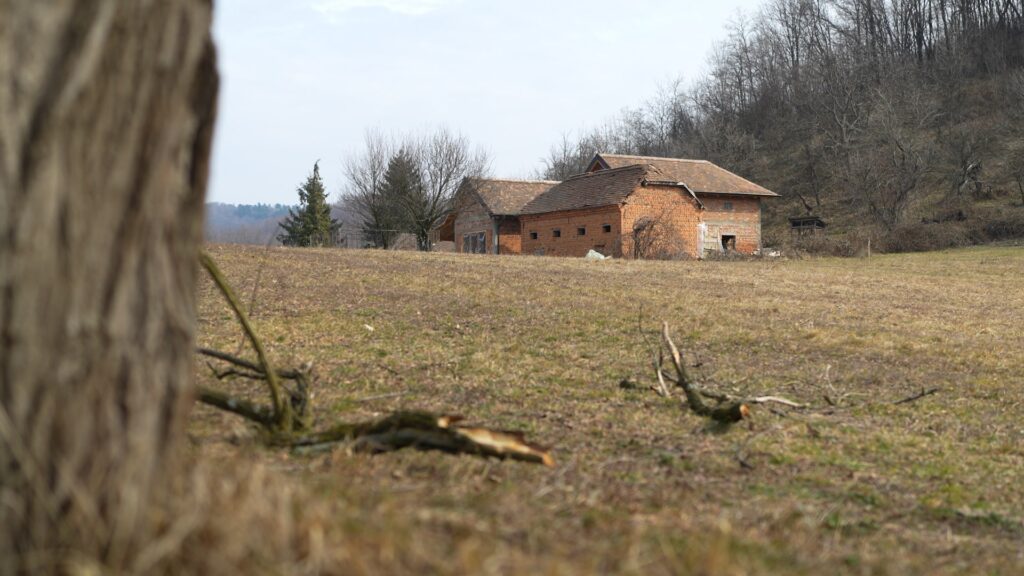
The border stop
On 11 October 2024, Moldovan police stopped a car at the Romanian border. Inside sat Maxim Rosca alongside Vladimir Harcevnicov, a 37-year-old convicted murderer, Aliona Gotco, who held both Transnistrian and Russian citizenship, Ludmila Costenco, and Iulia Ivanova. When officers searched the vehicle, they found disassembled drones, VR headsets, radio equipment, and instructions for making explosives.
The timing wasn't coincidental. Moldova's presidential election and EU referendum were weeks away. The camps had operated from August through early October specifically to produce operatives for deployment during the voting period.
Lilian Carp, chairman of Moldova's parliamentary security committee, later told reporters the training focused on practical destabilization: "In Bosnia, they trained with drones and learned how to organize mass riots and how to provoke the police into a violent reaction."
Romanian commandos became mercenaries—then returned for alleged coup
While camp-trained operatives prepared for Moldova's October vote, a separate operation targeted Romania's November election.
The architect was Horațiu Potra, whose biography reads like a mercenary's greatest hits: French Foreign Legion veteran, bodyguard to Qatar's emir, commander of private military companies deploying to the Central African Republic and the Democratic Republic of Congo.

By August 2024, Romanian sources estimated he controlled approximately 1,000 fighters—Romanians and Moldovans, including personnel from Romania's Ministry of Defense (MApN), Intelligence Service, and Gendarmerie. While Potra publicly denied Wagner ties, his operation mirrored Wagner's structure: fighting in the same African conflict zones where Wagner operated, employing instructors who'd worked for Wagner in the Central African Republic, and ultimately seeing his fighters arrested as Wagner Group suspects.
Romanian investigations later revealed "the Romanian state trained Potra's private army fighters in three elite MApN units," echoing how Wagner trained at Russian bases while Moscow maintained deniability.
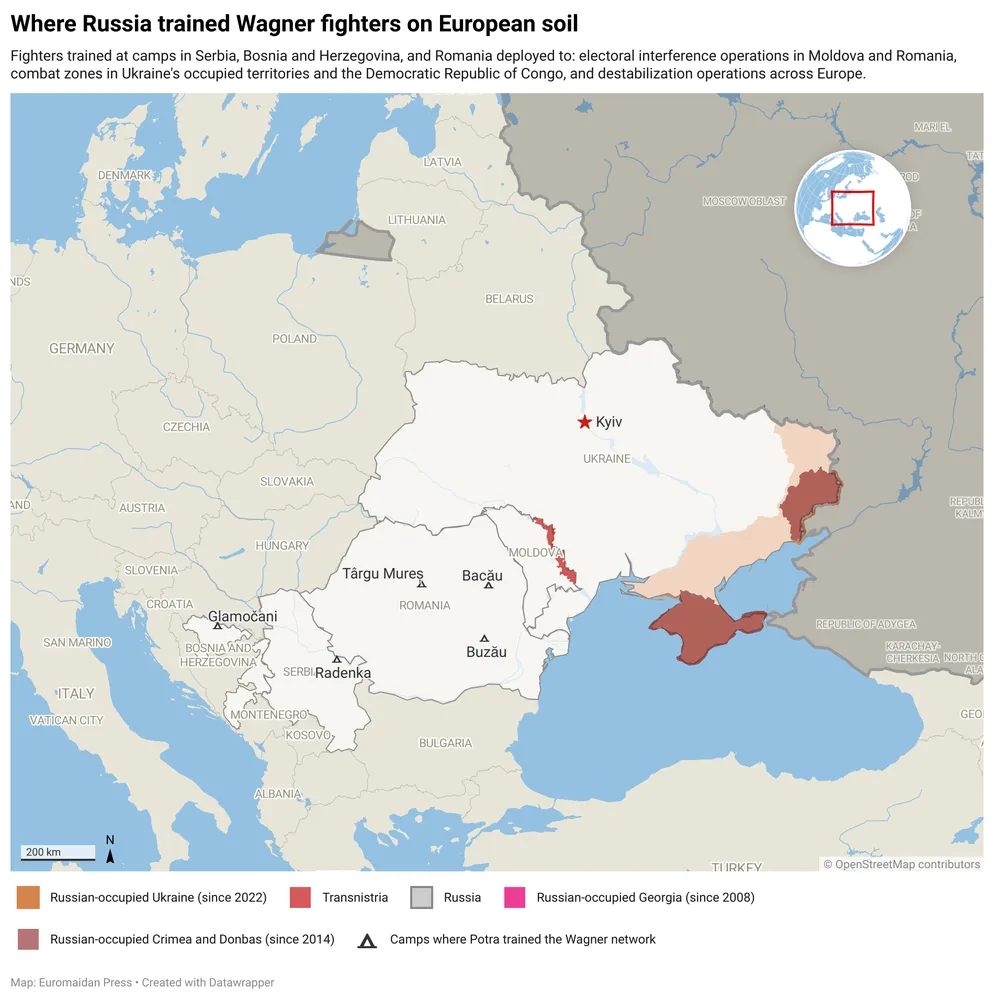
That August, presidential candidate Călin Georgescu texted Potra: "Please, I need support until then"—until the 24 November election.
Court records show Georgescu had met Russia's ambassador to Romania, Valery Kuzmin, at the Russian embassy. Potra's phone contained hotel bookings and flight records documenting multiple trips to Moscow.
Court rejects arrest for Potra despite coup plot evidence
Georgescu won the first round. In an unprecedented move, Romania's constitutional court annulled the result in early December, citing evidence of Russian interference.
On December 7-8, authorities intercepted Potra and approximately two dozen associates en route to Bucharest, with weapons, explosives, and detailed lists of politicians and journalists. Searches of his residences uncovered illegal weapons and large cash sums.
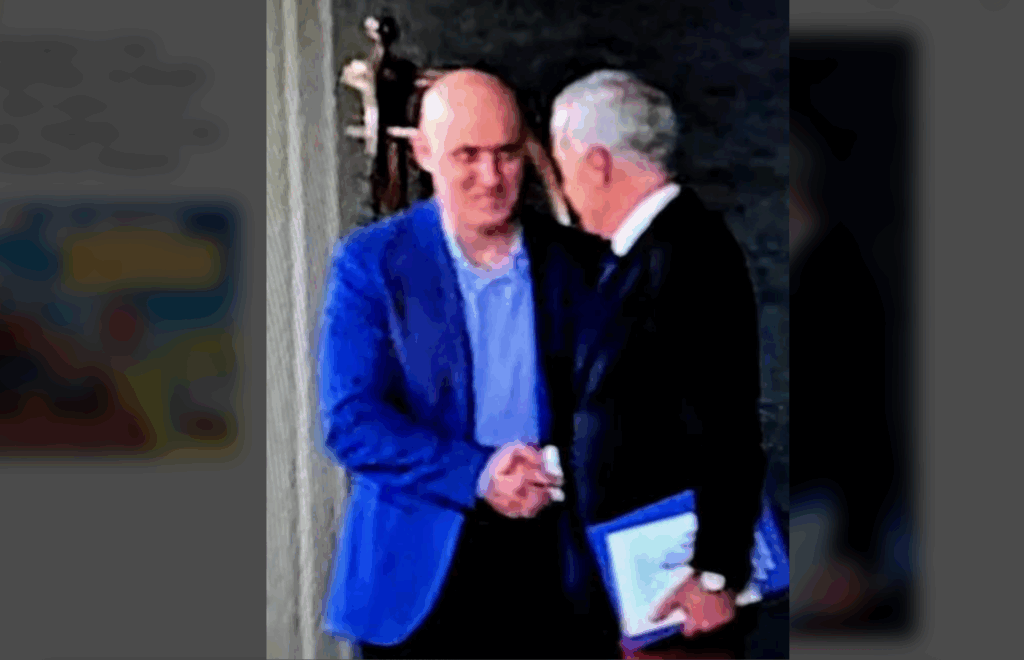
Prosecutors obtained photographs of a meeting at a horse farm "shortly after [Georgescu's] election victory was overturned." Potra and Georgescu appeared alongside members of Potra's group, including Georgescu's bodyguard—who'd fought under Potra's command in Congo and whose partner posted photos with Chechen fighters expressing support for Putin.
Prosecutors alleged they were planning "a violent power grab."
Georgescu initially denied meeting Potra entirely. When photos surfaced in Romanian press, he reversed his position but insisted "no plans for an uprising were ever discussed."
Despite prosecutors' charges of attempting to overthrow constitutional order, illegal weapons possession, tax evasion on African mercenary income, and illegal campaign financing through cash payments and a luxury limousine rental for Georgescu, a court released Potra.
By February 2025, when prosecutors sought his arrest again, he had fled Romania.
The Congo-Ukraine connection
Ukrainian police had been tracking Moldovan Wagner fighters for years. In March 2024, an operation code-named "Avengers" detained three Wagner veterans who'd fought from 2014-2023 at Donetsk airport, Bakhmut, and the Debaltseve cauldron.
Ukrainian investigators identified 85 Moldovan citizens total who'd fought for Russia. That left 82 unaccounted for.
Ten months later, in January 2025, M23 rebels captured approximately 300 of Potra's fighters in Congo while they fought alongside government forces. Official reports said they were "released and repatriated back home." The reports didn't specify where home was for each fighter. Nine months of silence followed. Then the connection materialized.
On 29 October 2025, police across Moldova and Ukraine executed 70 simultaneous raids. Europol announced they were hunting 654 suspects connected to Wagner Group and Redut, a Russian military intelligence recruitment network.
The suspects came from nine countries: Ukraine, Moldova, Kazakhstan, Uzbekistan, Tajikistan, Turkmenistan, Azerbaijan, Armenia, and Bosnia-Herzegovina.

Among seized materials: Wagner insignia, drones, VR headsets, and crucially, evidence showing suspects had fought "in the territory of Ukraine and the Democratic Republic of Congo." Not "or" — "and." Europol identified them as Wagner Group members. The same individuals, the same organization, rotating across continents.
The October raids answered where the 300 went: they hadn't disappeared. They'd rotated between African and European operations, with some of the "repatriated" Congo fighters appearing in the network linking Balkan training camps to Ukraine combat deployments.
Potra stranded in Dubai
On 24 September 2025, Dubai police arrested Potra, his son, and his nephew as they prepared to board a flight to Moscow. Within days, two Russians mobilized to prevent his extradition to Romania.
The first one, Igor Spivak, heads the Russian Middle East Society, an organization presenting itself as an NGO but which Spivak openly admits works with Russia's foreign ministry.
"The ministry, of course, supports us. It would be difficult to deny that," he told The Guardian, adding that his organization includes "many former foreign ministry employees and former ambassadors." His recent projects included organizing an art exhibition in Moscow featuring works by Aisha Gaddafi, daughter of the late Libyan dictator.
The second one, Alexander Kalinin, fled Moldova to Russia after being stripped of his citizenship. Now under EU and US sanctions for destabilizing Moldova as a Kremlin collaborator, he recruits Moldovans to fight in Ukraine and has publicly vowed to lead fighters in a march on Moldova's capital, Chișinău, to overthrow President Maia Sandu's government.
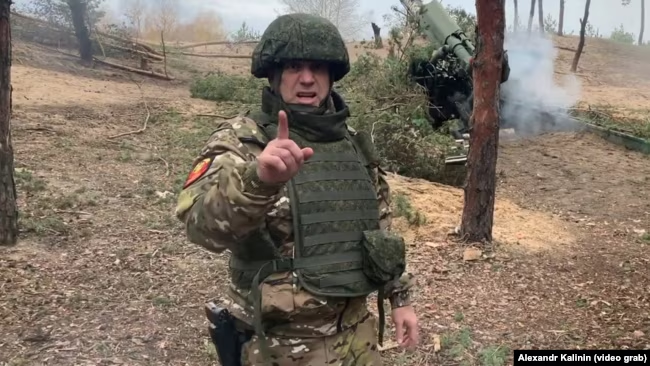
"We are currently trying to stop Potra's extradition," Spivak confirmed. "We have a lot of experience, and a lot of people are working on getting him freed." He said Kalinin had requested his assistance and that he'd hired "very reputable lawyers" in the UAE.
The pairing revealed the network's architecture: a foreign ministry-connected cultural fixer and a Ukraine recruitment operative, both dropping everything to rescue a Romanian mercenary arrested in Dubai.
The reason became obvious through inversion—what would Potra's testimony expose? He knows the complete money trail for Georgescu's campaign, everyone present at the December horse farm meeting, what was discussed, what happened to the 300 Congo fighters after "repatriation," whether any trained at the Balkan camps, and how Volkhonsky's African Wagner operations connected to his European training role.
By early November, Spivak's confidence had evaporated. "The situation is difficult," he admitted, adding that Potra could be extradited to Romania "as soon as Thursday."
The system exposed
Trace the connections through time:
- 2007: Goloskokov cyberattacked Estonia, paralyzing government and banks.
- Pre-2024: Volkhonsky operated with Wagner in the Central African Republic.
- October 2023: Prizenko tested recruitment methodology with Paris graffiti operation, painting Stars of David to inflame tensions during Gaza conflict.
- January 2025: 300 mercenaries under Potra's command captured in Congo, formally "repatriated."
- Summer 2024: Prizenko scaled up recruitment, scouting Moldovans at paintball tournaments.
- August 2024: Camps launched. Georgescu texted Potra: "Please, I need support until then"—until the 24 November election. Volkhonsky and Goloskokov began instructing Moldovans at Balkan training sites.
- August-October 2024: Training camps operated in Serbia and Bosnia, precisely timed to deploy operatives for Moldova's election.
- 11 October 2024: Rosca and companions intercepted at Moldovan border with drones, explosives instructions, and VR equipment—two weeks before voting.
- November 2024: Moldova's election (Sandu won). Romania's election (Georgescu won first round).
- December 2024: Romania's Constitutional Court annulled results. Georgescu met Potra at horse farm, allegedly planning violent response.
- October 2025: European raids across Moldova and Ukraine seized evidence showing fighters deployed to both Congo and Ukraine—connecting the January "repatriated" fighters to the Balkan-trained operatives.
This wasn't improvisation. Each phase built on previous operations, testing what worked, refining methods, scaling up.
When electoral manipulation failed in Moldova and Romania, the network shifted toward violence. When violence was intercepted, physical sites were destroyed. When the key commander faced extradition, a high-level rescue operation was launched.
One network deployed modularly across theaters:
- African wars for training and revenue
- Balkan camps for European operatives
- Paris for testing Western response
- Moldova and Romania for destabilization
- Ukraine for combat deployment.
Potra's denials notwithstanding, the evidence speaks: Wagner instructors trained his operatives, Russian state actors intervened to prevent his extradition, and Europol arrested his fighters as Wagner Group members. Whether formally affiliated or operationally parallel, the distinction collapsed in practice.
Georgescu's bodyguard moved from Congo battlefields to Romanian political meetings. The 654 suspects came from nine countries, most without Russian citizenship, providing plausible deniability while maintaining operational capability.
The network is exposed. But exposed isn't destroyed. The infrastructure exists, the methods are proven, and Russia has learned what works and what doesn't. The operation failed in Moldova and Romania. But failure generates data. And data enables refinement.

